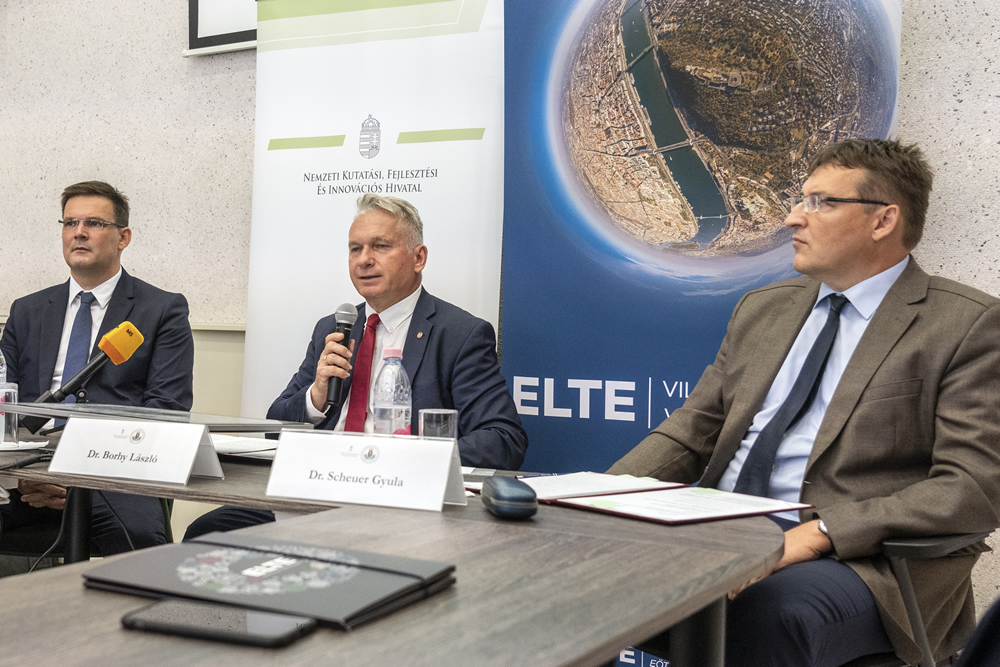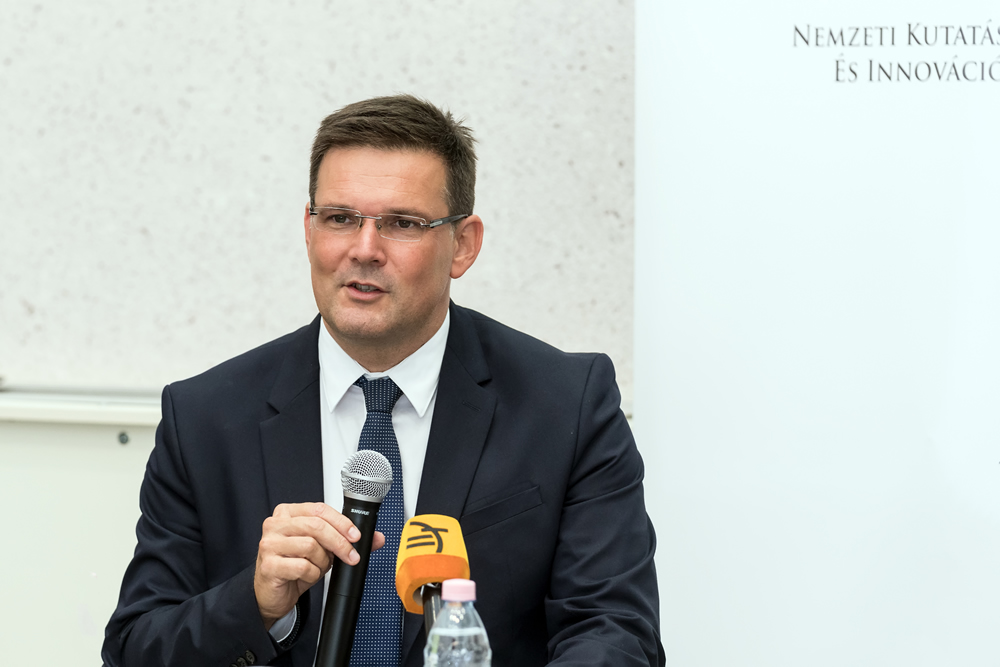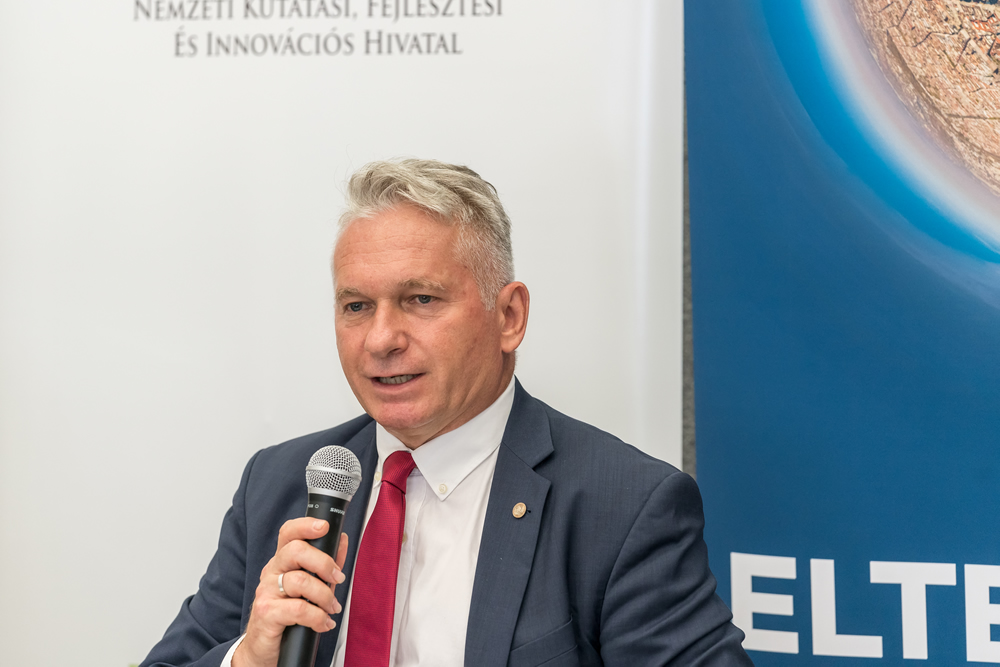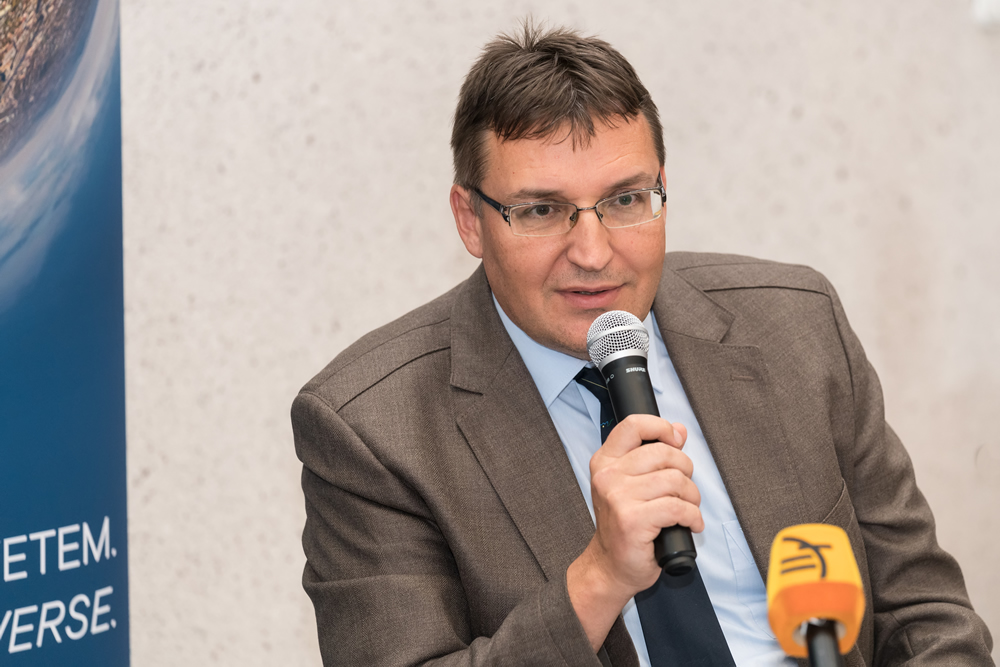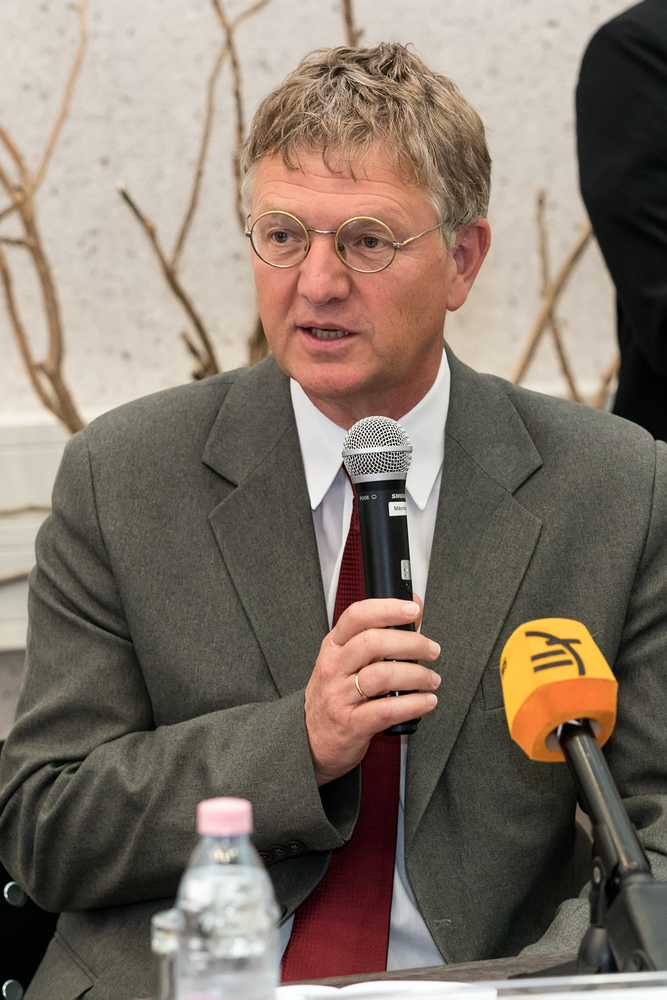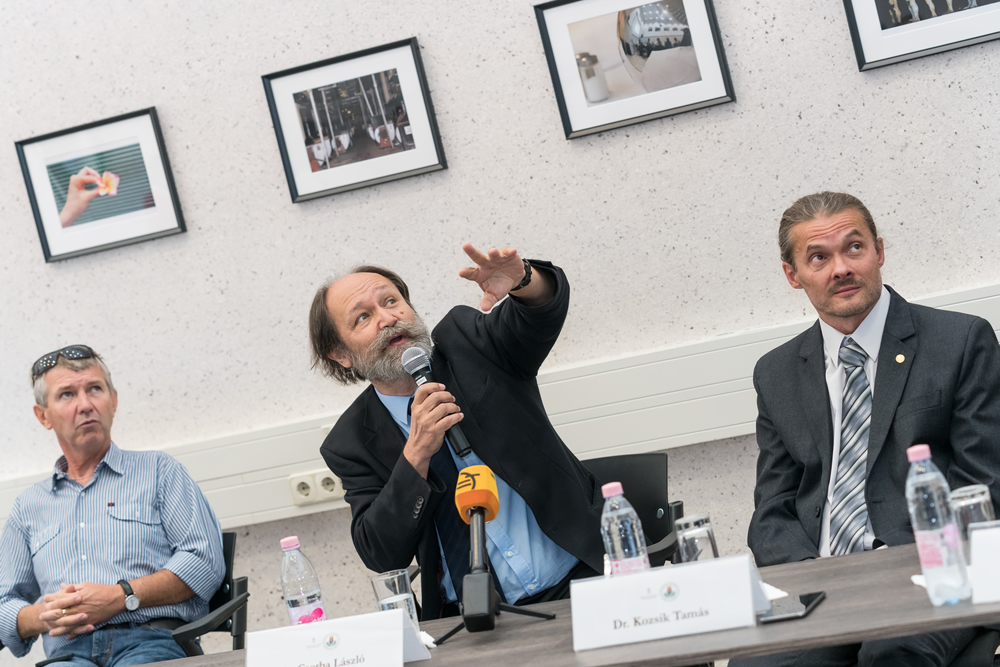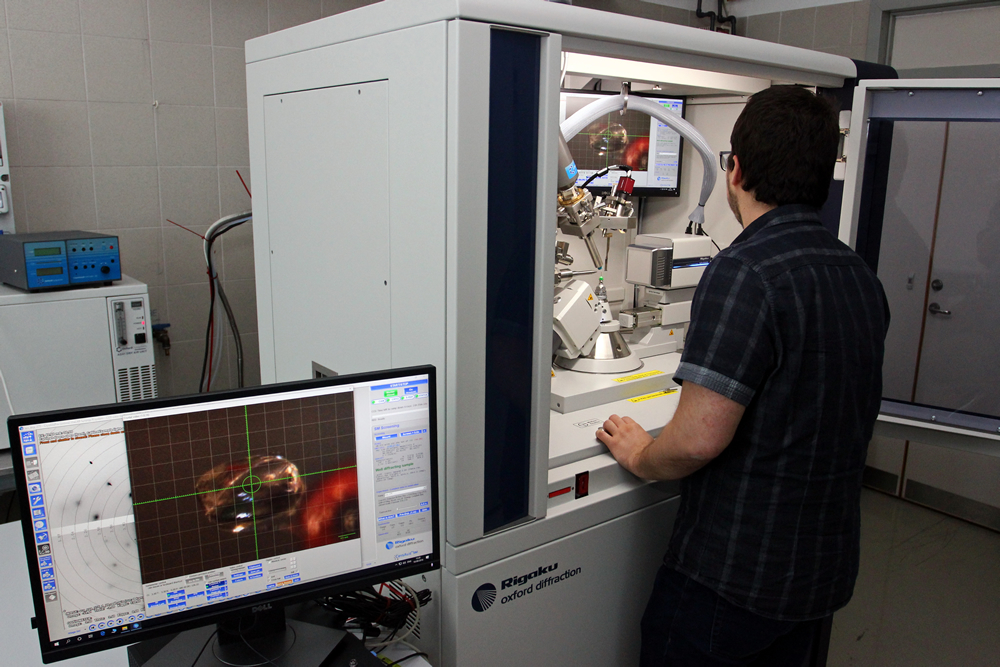This year, nearly HUF 14.6 billion has been awarded to 26 universities and public research institutions in 55 thematic fields under the current Thematic Excellence Programme. The programme aims to align research funding with existing socio-economic challenges, while strengthening the RDI focus and enhancing scientific productivity in the following fields: Secure society and environment; Industry and digitisation; Health; and Culture and family.
“Eötvös Loránd University has received a substantial amount of funding, altogether HUF 1.7 billion, for three thematic research areas. Two of the funded research projects will contribute to the competitiveness of industries considered to be of strategic importance by the Government, and the third one will promote the social coherence of Hungary by studying new aspects of the traditional community-building role of families and the nation,” Dr. Zoltán Birkner, President of the NRDI Office pointed out.
In the thematic area of Health, the funded project is titled Synth+: Synthetic Chemistry and Biochemistry, led by Prof. Dr. András Perczel. The project partly focuses on the creation of small molecules that have a significant bearing on the pharmaceutical industry and open new perspectives in the treatment of certain diseases. The researchers will develop and examine the structure of key proteins and active substances in relation to type 2 diabetes, certain neurodegenerative diseases, oncogenic and muscle proteins, and steroid-resistant renal disease. The other focus area will be the synthesis, cost-efficient size-increase and commercialisation of naturally occurring bioactive compounds and potential active substances, as well as the creation of control peptides and bit-functional linker libraries that could enable personalized medicine.
In Industry and digitisation, the NRDI Office supports the project Application Area-Specific, Highly Reliable IT Solutions, led by Prof. Dr. Zoltán Horváth. Research here focuses on applicable solutions in the most challenging economic areas, taking into account that system errors affect our daily lives, pose a risk to our health, present privacy risks, potentially cause huge economic loss, and as far as safety-critical systems are concerned, may even threaten our lives. Six research groups are planned to be set up (Autonomous Systems, Agricultural Informatics, Applied Software, Digital Services, Artificial Intelligence, and Mathematics and Optimisation). The University has been engaged in these research fields for decades, benefitting from several national and international funding programmes. The research results will also be integrated into new training programmes.
In the Culture and family thematic area the funded project is titled Community building: Family and Nation, Tradition and Innovation, led by Prof. Dr. László Csorba. The thematic area set the long-term objective of exploring to what extent, in what forms and with what values family, a core factor in a nation’s survival and prosperity, was dealt with in the history of Europe and other large cultures interacting with Europe in different ages and regions, and how the concept of family was incorporated in civilisation efforts, this way directly or indirectly stimulating favourable demographic trends. The research results will enable the formulation of proposals for the present and the future which can contribute to community-building and a stronger nation by using the toolset of science and cultural policy.
Dr. László Borhy, the Rector of ELTE emphasised: together with the grant provided under the Higher Education Institutional Excellence Programme launched last year, the University now has HUF 3.7 billion for developing its capacities focusing on seven thematic areas, strengthening its traditional basic research activities, and completing it with innovation elements and industrial and social relations.
Budapest, 10 September 2019







